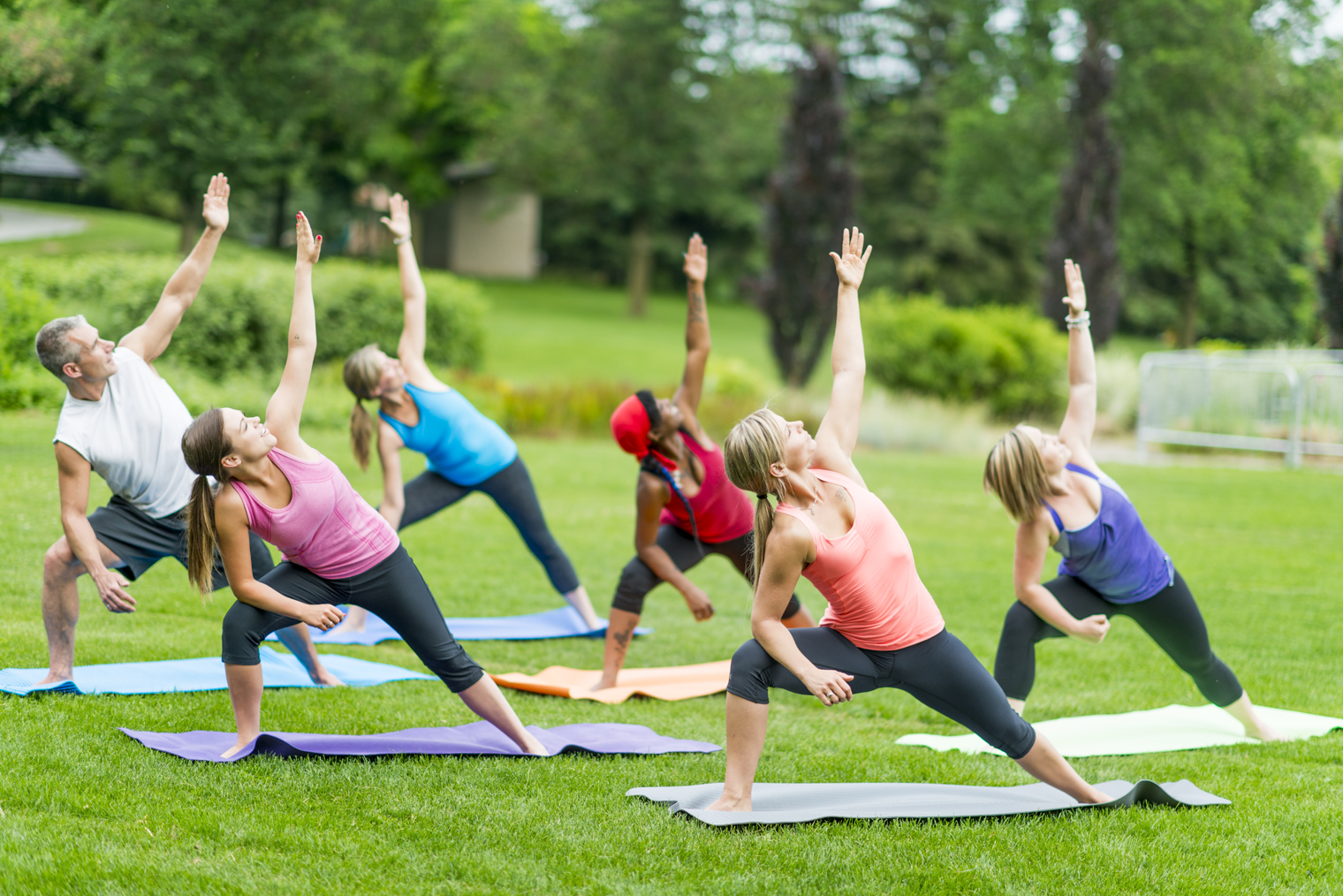
Therapr Team
Yoga is a holistic practice that connects the mind, body, and spirit through physical postures, breathing exercises, and meditation. If you are a beginner, starting yoga may seem intimidating due to its many styles and practices. This article will guide you through the basics of yoga, how to start, and what to expect during your first sessions.
Yoga is an ancient practice that originated over 5,000 years ago in India. It involves various physical postures (known as asanas), breathing exercises (pranayama), and meditation. Yoga is not just about flexibility, but it aims to unite physical movement with mindfulness to promote overall health. Practicing yoga regularly can increase strength, flexibility, and balance while improving mental clarity and emotional well-being.
Find a Beginner-Friendly Class or Online Resource
If you're new to yoga, it's beneficial to start with a beginner class at a local studio or find online resources. Many platforms offer beginner-level videos that will guide you step by step, allowing you to practice at your own pace.
Choose the Right Style
There are many styles of yoga, such as Hatha, Vinyasa, and Yin Yoga. For beginners, Hatha Yoga or Vinyasa is a great starting point. These styles focus on basic postures, alignment, and linking movement with breath.
Start with Basic Poses
Begin with foundational poses like Downward Dog, Mountain Pose, and Child’s Pose. These postures are essential and help you build strength and flexibility over time.
Invest in the Right Equipment
A comfortable yoga mat is crucial for stability and cushioning. Wear comfortable clothing that allows you to move freely and comfortably during the class.
Pace Yourself
In yoga, it’s important to listen to your body. Don’t push yourself too hard, especially at the beginning. Focus on gentle stretches and gradually progress as your body becomes stronger and more flexible.
Your first yoga class will likely be focused on breathing techniques and simple postures. The instructor will guide you through gentle movements, ensuring that you understand proper form and alignment. In the beginning, it’s normal to feel stiff or awkward, but remember, yoga is a journey, and progress comes with consistent practice.
You can expect a supportive and non-judgmental environment in a yoga class. Most yoga practitioners and instructors are focused on personal progress and well-being, not on competition.
Flexibility: If you're not very flexible, don't worry—this is completely normal for beginners. Flexibility will improve over time with regular practice.
Breathing: Coordinating breath with movement can be challenging at first. As you practice, it will become more natural and automatic.
Balance: Balance may be difficult in certain poses. As you continue your practice, your stability and strength will improve.
Physical Benefits:
Mental Benefits:
Yoga is a transformative practice that offers numerous physical and mental benefits. For beginners, it’s important to start slow, focus on learning the basics, and listen to your body. With time, yoga will not only help you improve flexibility and strength but also promote a sense of calm and mental well-being. Whether you attend classes or practice at home, yoga is a journey that can greatly enhance your overall quality of life.
Author profile
Read more articles by Therapr Team.
Get the latest wellness insights delivered to your inbox.
Subscribe to Newsletter